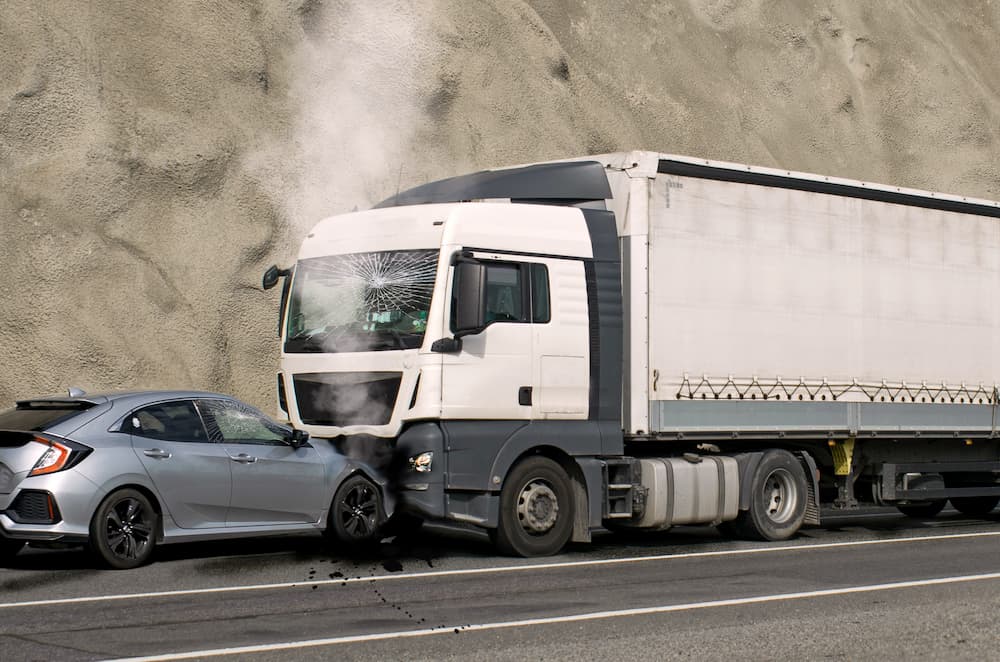Our take
State Farm is among the best small business insurers for customer satisfaction and has the highest-possible financial strength rating from AM Best. The company also has an award-winning app that allows customers to manage their insurance policies from their smartphones. They can file and manage claims, access ID cards and even call for roadside assistance from the palm of their hand.
What makes State Farm different?
When working with State Farm, you’ll work with a local agent. This person is your first point of contact for all your policy needs. This business model allows the agent to get to know you and your business at a deeper level, giving the agent the insights needed to help you get the right policies for your company.
State Farm’s commercial insurance coverages
State Farm has a wide range of policies to cover most business risks, including:
- Business interruption: Covers lost income, rental payments and employee payroll if your business is forced to shut down temporarily.
- Business owner’s policy: Combines general liability and commercial property coverage.
- Commercial auto: Covers vehicles used for business purposes.
- Commercial property: Covers damage to your business buildings and property, such as equipment, inventory and tools.
- Employment practices liability: Covers the legal defense and settlement of claims for things like employment discrimination, retaliation and wrongful termination.
- General liability: Pays claims when you are liable for a third party’s injuries or property damage.
- Professional liability: Covers customer lawsuits and legal judgments stemming from accusations of unsatisfactory work, such as a missed deadline or mistake.
- Workers’ compensation: Pays medical bills and wages for workers injured on the job.
How much does State Farm small business insurance cost?
A baseline business owner's policy can cost as little as $500 per year, though your exact coverage will dramatically affect the price. However, State Farm doesn't disclose its typical pricing or offer an online quotes tool. As with other insurers, prices depend on the type of policy you choose, your coverage options, your location and your claims history. Contact the company or an agent to find out what State Farm insurance would cost you.
How to save on State Farm insurance
State Farm does not advertise specific discounts for small business policies, but, as with other insurers, you can save money if you take steps to mitigate your risks. Security systems and sprinklers will help you get a discount, as will being in a newer building with more up-to-date building codes. Being claims-free will also help you save on your insurance.
How to buy State Farm insurance
Here’s how to buy State Farm small business insurance:
- Contact a local State Farm agent. You can locate one through the website if you aren’t familiar with any local agents.
- Provide the agent with a profile of your company.
- Review the coverages you need for any specific policy.
- Get the quote for the policy.
- Pay the first premium to establish the policy and get started.
The importance of commercial insurance for small business
Every business is exposed to risks. A building or office can be damaged in a storm, customers can slip and fall, employees can make an error or a hacker can get into a company’s computers. Businesses are responsible for the legal defense and settlement of claims.
A small business can mitigate the cost of losses with insurance.
There are multiple insurance policies that cover different types of risks. For example, a store with a retail location needs general liability insurance to cover customer slips and falls while a professional service company, such as an accounting firm, needs professional liability to protect against mistakes made in the course of business.
Not only is it important to have small business insurance, but it is important to choose a good carrier for your coverage.
“Work with a company that is admitted and regulated in your state. Look for a strong reputation, particularly for their claims payment history,” says Chris Peterie, chief executive of Tower Street Insurance in the Dallas-Fort Worth area.
“Be cautious of companies with poor claims handling, as this can lead to frustrations during critical times,” he says.
Bottom line
State Farm brings a lot to the table when it comes to small business insurance. It ranks well with third-party rating agencies and is a financially stable company. Developing a relationship with an agent will help ensure you get the right insurance coverage and will assist in navigating the claims process. For those who are more independent in managing their insurance portfolio, the company’s app is easy to use.
Methodology
To identify the top 10 business insurers for small businesses, we used three trusted third-party metrics.
- J.D. Power’s 2024 U.S. Small Commercial Insurance Study, the results of which we used to calculate a star score – with 5 stars being the best. American Family had the highest customer satisfaction index – a score of 727 – and was assigned 5 stars. Star scores were derived for the remaining carriers relative to their customer satisfaction index.
- AM Best Financial Strength Ratings (FSRs), which we also used to calculate a star score. A++ is the best possible FSR and companies with that rating get 5 stars. Each rating notch below A++ is assigned a 1/3 star value – for example, an A+ receives 4.67 stars, and an A receives 4.33 stars.
- 2023 complaint index data from the National Association of Insurance Commissioners (NAIC) for both commercial property and commercial liability. Again, we used the finding to calculate a star score. We collected the complaint indices and annual written premiums for each company to calculate a weighted average for each company group by line. The lowest property and liability complaint indices were assigned 5 stars, the highest complaint indices were assigned 2.5 stars. Star scores were derived for the remaining carriers relative to their complaint indices.
We then weighed the overall score with one-third for J.D. Power, one-third for AM Best, one-sixth for NAIC commercial property and one-sixth for NAIC commercial liability.
The companies were then ranked on a curve – with the top score being 5 stars and all subsequent star ratings being determined by that top score.






